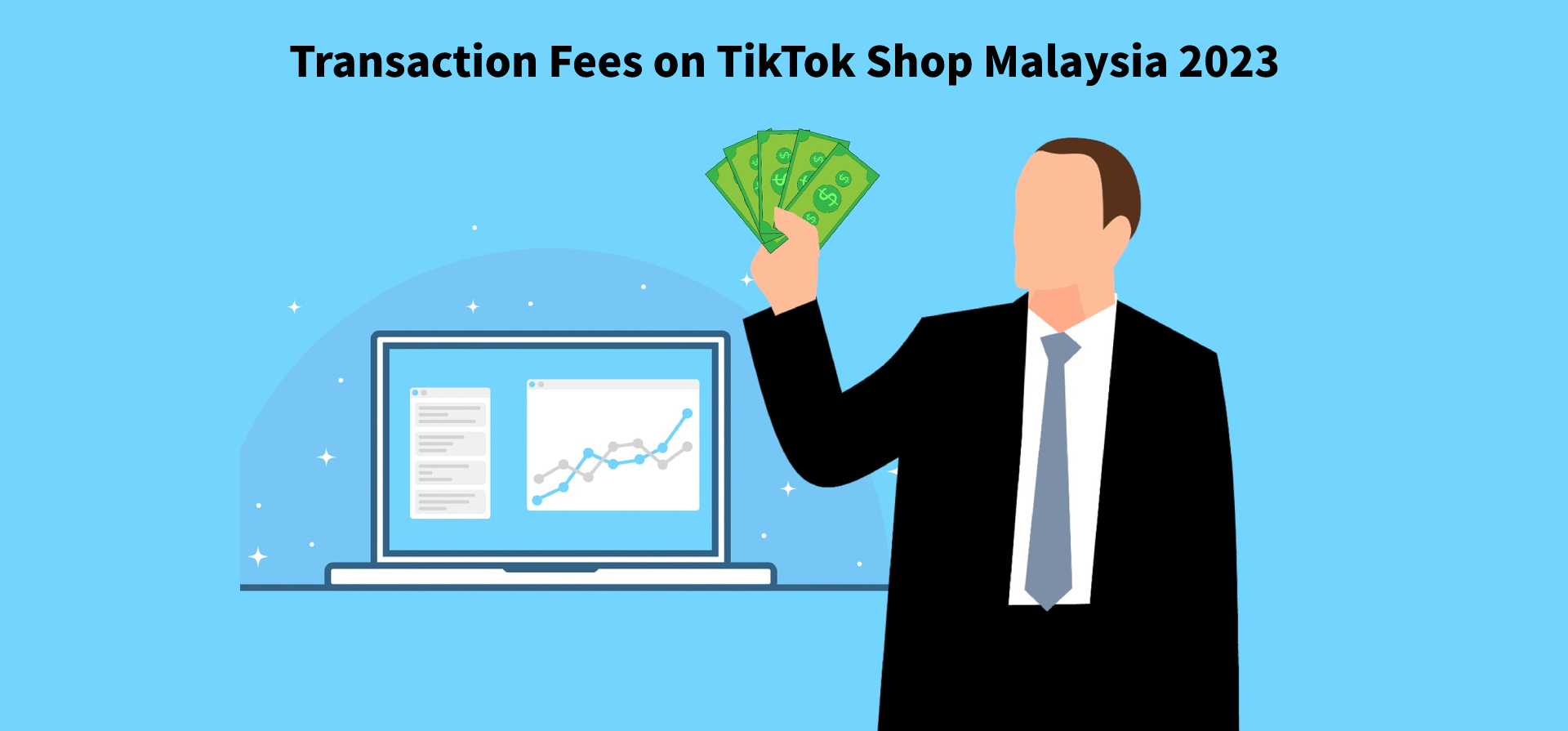Blog > Marketplace News > Aftermath of Indonesian Ban: TikTok Executives in Malay Region Will Be Summoned By The Government
Aftermath of Indonesian Ban: TikTok Executives in Malay Region Will Be Summoned By The Government
Jayson 09 Oct 2023 09:52ENCopy link & title
News on October 9, according to the Malaysian media BERNAMA, after the Indonesian government banned TikTok from providing e-commerce services, the Malay government will also summon TikTok management to explain and then formulate appropriate measures.
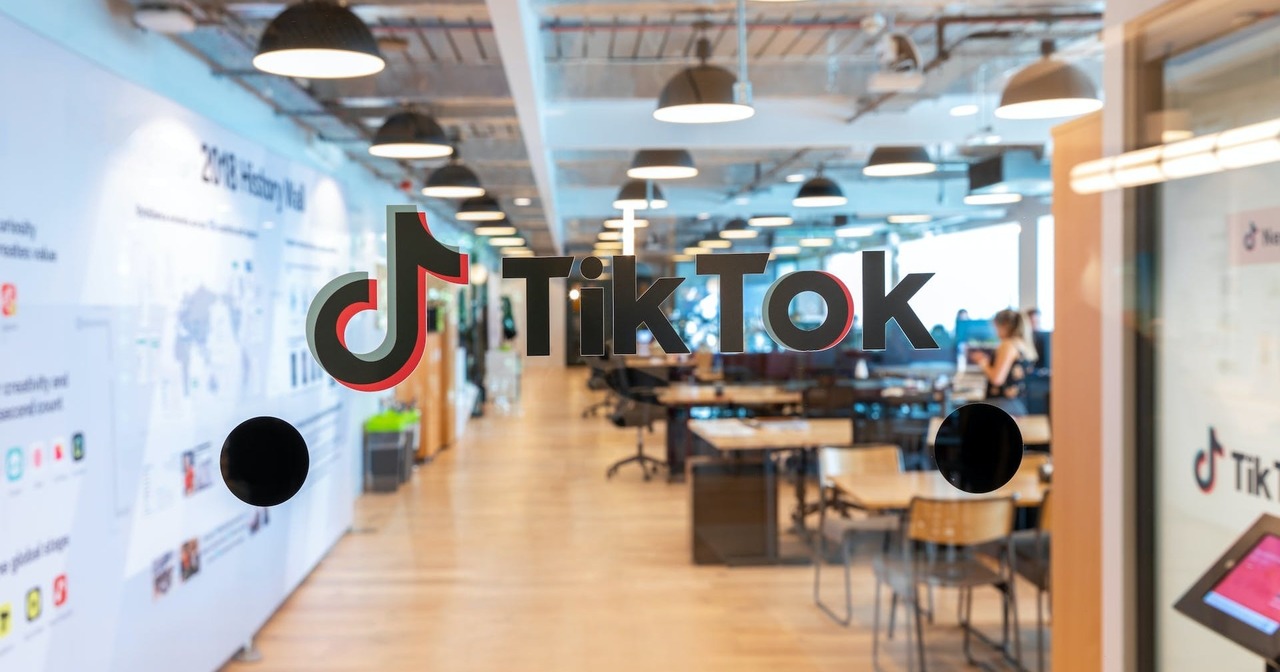
Since TikTok started its e-commerce process, the Southeast Asian market has been its important strategic target. At a recent conference in Jakarta, Indonesia, TikTok CEO Zhou Shouzi said that billions of dollars will be invested in Indonesia and other regions in Southeast Asia in the next few years.
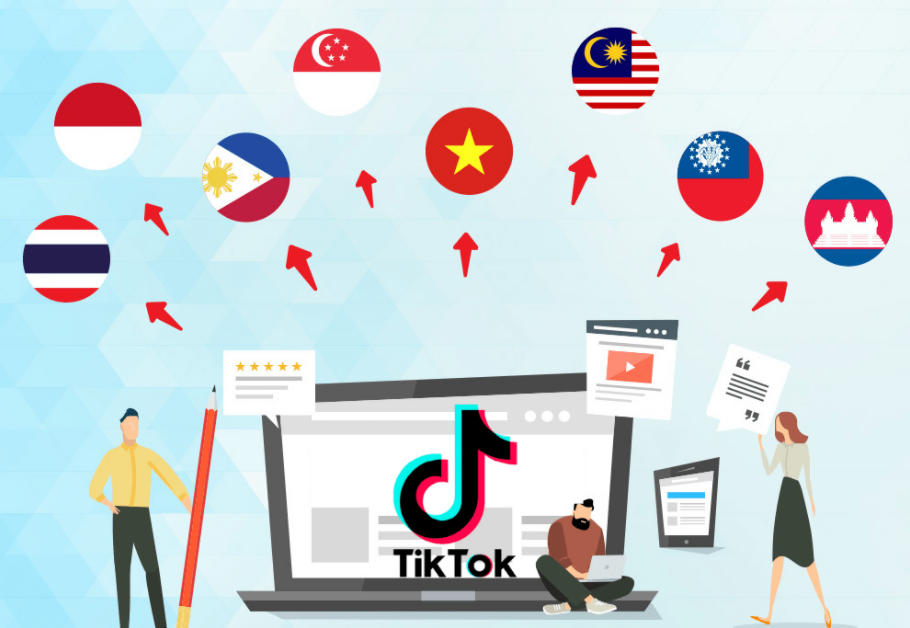
Despite TikTok Shop's ambitions, though, the reality isn't quite there: on September 26, the Indonesian Ministry of Trade officially issued a bill "prohibiting direct sales transactions on social media platforms." Due to regulatory pressure, TikTok Shop had to close its Indonesian site on October 4.
However, out of the frying pan into the fire, TikTok Shop was recently "targeted" in the Malaysian market.
According to reports, Malaysian Minister of Digital Communications Fami recently proposed that the local government will discuss the Indonesian government's regulations banning TikTok e-commerce services, and formulate appropriate measures against TikTok based on this.

This time the Malaysian government will investigate TikTok Shop mainly on three issues:
Forced pricing: According to Fami, this is one of the reasons why TikTok Shop was banned in Indonesia. Excessive low-price competition and the platform’s strict price control have harmed the interests of local merchants in Indonesia.
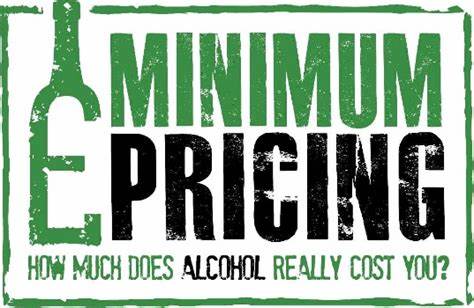
User privacy and security: Fami said that all social media will use big data tracking to conduct research and analysis on user portraits. In this process, the protection of consumers’ data and privacy is involved.

TikTok advertising business: It is understood that TikTok has received complaints from many local media organizations. As TikTok advances rapidly in the Southeast Asian market, its traffic influence continues to soar. More and more companies choose to conduct paid marketing on TikTok, which undoubtedly takes away part of the advertising share of the local media industry.
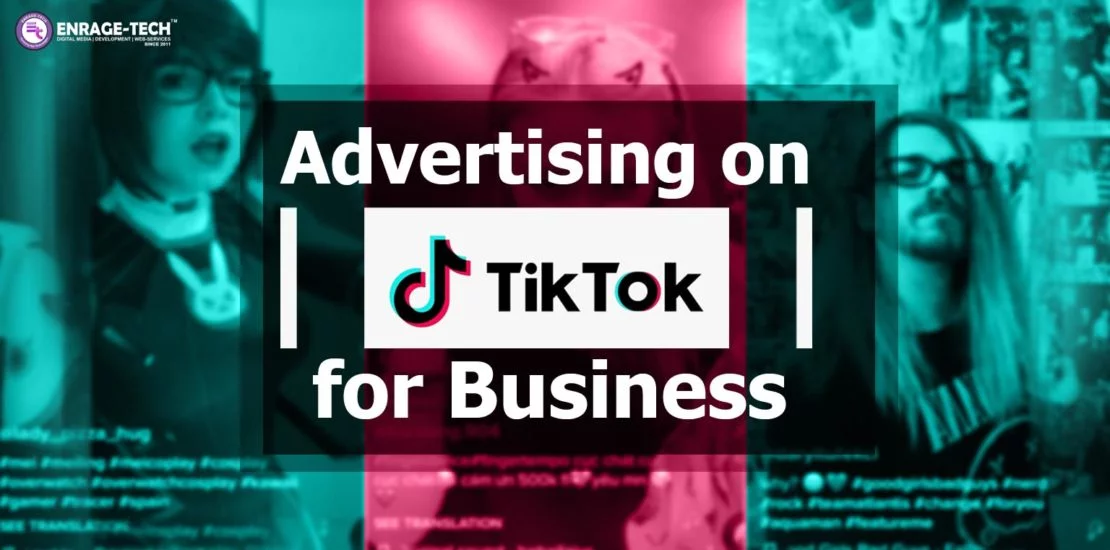

Since TikTok started its e-commerce process, the Southeast Asian market has been its important strategic target. At a recent conference in Jakarta, Indonesia, TikTok CEO Zhou Shouzi said that billions of dollars will be invested in Indonesia and other regions in Southeast Asia in the next few years.

Despite TikTok Shop's ambitions, though, the reality isn't quite there: on September 26, the Indonesian Ministry of Trade officially issued a bill "prohibiting direct sales transactions on social media platforms." Due to regulatory pressure, TikTok Shop had to close its Indonesian site on October 4.
However, out of the frying pan into the fire, TikTok Shop was recently "targeted" in the Malaysian market.
According to reports, Malaysian Minister of Digital Communications Fami recently proposed that the local government will discuss the Indonesian government's regulations banning TikTok e-commerce services, and formulate appropriate measures against TikTok based on this.

This time the Malaysian government will investigate TikTok Shop mainly on three issues:
Forced pricing: According to Fami, this is one of the reasons why TikTok Shop was banned in Indonesia. Excessive low-price competition and the platform’s strict price control have harmed the interests of local merchants in Indonesia.

User privacy and security: Fami said that all social media will use big data tracking to conduct research and analysis on user portraits. In this process, the protection of consumers’ data and privacy is involved.

TikTok advertising business: It is understood that TikTok has received complaints from many local media organizations. As TikTok advances rapidly in the Southeast Asian market, its traffic influence continues to soar. More and more companies choose to conduct paid marketing on TikTok, which undoubtedly takes away part of the advertising share of the local media industry.

